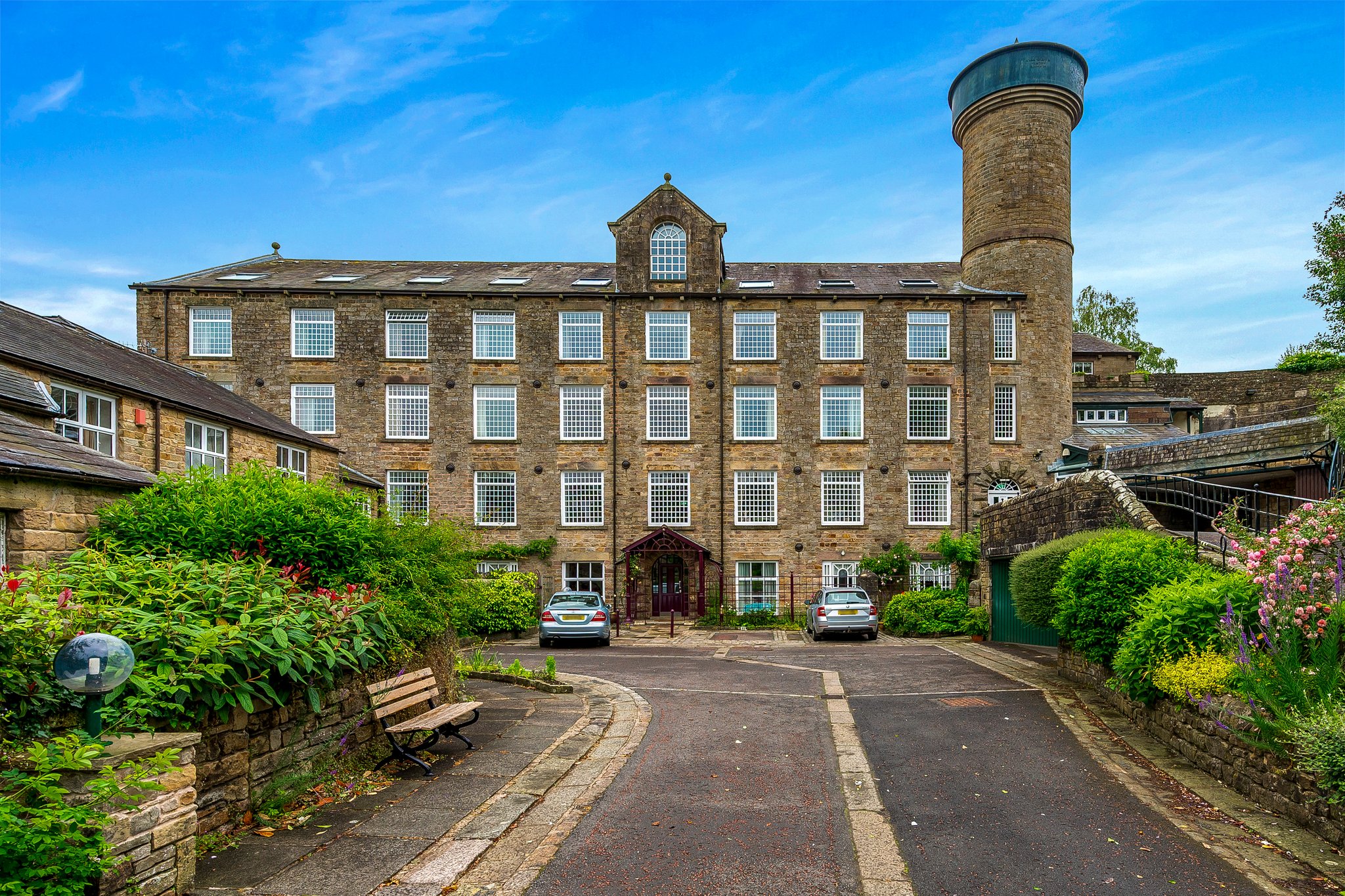Council Tax Band - C
Leasehold - 971 Years Remaining. Paid Bi-Annually at £1465.50
Low Mill in Caton, Lancashire, England, is a historic building situated on the banks of the River Lune. Originally constructed in the 18th century, Low Mill served as a cotton spinning mill during the Industrial Revolution, contributing to the area's industrial growth and economic prosperity. The mill played a significant role in the textile industry of Lancashire, which was a hub for cotton manufacturing during the 18th and 19th centuries. The availability of water from the River Lune made it an ideal location for such industrial activities, as water power was commonly used to drive the machinery in mills during this period. Like many mills of its time, Low Mill underwent various changes and expansions over the years to keep up with advancements in technology and meet the increasing demand for cotton goods. It likely employed a significant portion of the local population, providing jobs and supporting the economy of the surrounding area. However, as the textile industry evolved and faced competition from overseas markets, many mills in Lancashire, including Low Mill, began to decline in the late 19th and early 20th centuries. Changes in manufacturing processes, as well as economic and social factors, contributed to the eventual closure of numerous mills in the region.
Caton, a tranquil village approximately 4 miles from Lancaster City, boasts a vibrant community spirit with numerous local activities and events hosted at the village institute. Enjoy access to local shops, pubs serving delectable fare, highly-rated primary schools, and a regular bus service to town, facilitating access to secondary schools and colleges. Conveniently situated near junction 34 of the M6 motorway, Caton is ideal for commuters, with scenic walkways and cycle routes along the old railway line easily accessible.
These particulars, whilst believed to be accurate are set out as a general outline only for guidance and do not constitute any part of an offer or contract. Intending purchasers should not rely on them as statements of representation of fact, but must satisfy themselves by inspection or otherwise as to their accuracy. No person in this firms employment has the authority to make or give any representation or warranty in respect of the property. It is not company policy to test any services or appliances in properties offered for sale and these should be verified on survey by prospective purchasers.
